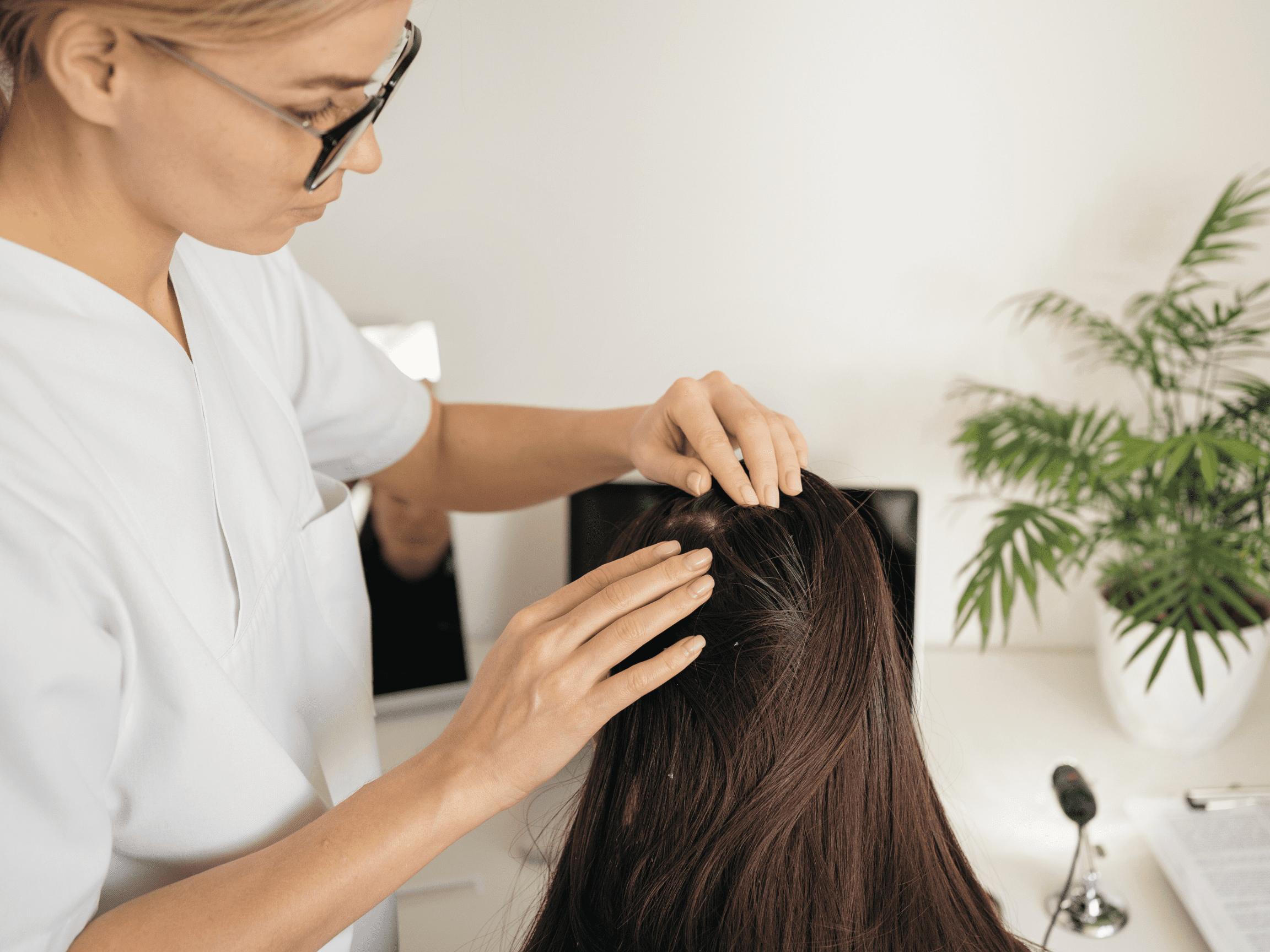
Hair Medical Restoration
Hair loss is often associated with aging, but it can also be a concern for individuals in their 20s. While it’s normal to shed some hair each day, excessive hair loss at a young age can be distressing and can alter the person’s perception of themselves, self esteem and quality of life. Here’s what you need to know about hair loss in your 20s.
Hair loss in your 20s can be attributed to various factors. Genetics play a significant role, specially at this age and if you have a family history of hair loss, you may be more prone to it. Hormonal changes, stress, poor nutrition, and certain medical conditions can also contribute to hair thinning, the sooner that you realize that you are losing hair the best options there are for you because it’s just starting and you can prevent it from getting worse and sometimes even prevent a hair transplant in the future.
Androgenetic alopecia, commonly known as male or female pattern baldness, is often hereditary and a leading cause of hair loss. In your 20s, hormonal fluctuations can trigger this condition, causing hair follicles to shrink and produce finer strands of hair.
Hormonal fluctuations, such as those related to pregnancy, childbirth, or the use of birth control pills, testosterone, etc. can impact hair growth. Conditions like polycystic ovary syndrome (PCOS) can also contribute to hormonal imbalances leading to hair loss. In most cases it is caused by a hormone called DHT (Dihydrotestosterone) and there are some new treatments here at Hair Medical Restoration that can stop and block that hormone.
High-stress levels and an unhealthy lifestyle can take a toll on your hair. Lack of proper nutrition, sleep, and exercise can contribute to hair thinning, some drugs can also alter hair growth. Additionally, certain hairstyles like braids, tight ponytails and hair treatments can cause damage and breakage.
Conditions like thyroid disorders, autoimmune diseases, and nutritional deficiencies can affect hair health. If you’re experiencing excessive hair loss, it’s essential to consult a healthcare professional to rule out any underlying medical issues.
Treatment options for hair loss in your 20s vary depending on the cause. Minoxidil, a topical over-the-counter medication, is commonly used to stimulate hair growth or you can use the oral tablets if you don’t like the topical way, here at HMR we sell the tablets, talk to one of our doctors in order to know which dosage is the best for you. Prescription medications such as finasteride, dutasteride among others may be recommended for androgenetic alopecia. Lifestyle changes, stress management, and a balanced diet can also contribute to overall hair health.
If you’re concerned about hair loss, it’s crucial to consult with a dermatologist or healthcare provider. They can assess your specific situation, conduct necessary tests, and recommend appropriate treatments or lifestyle changes.
Hair loss can be emotionally challenging, especially at a young age. It’s essential to understand that it’s a common issue and seeking support from friends, family, or mental health professionals can help you cope with the emotional aspects of the experience.
While hair loss in your 20s can be disheartening, understanding the causes and available treatments is key to addressing the issue. Seeking professional advice and adopting a holistic approach to hair care can contribute to maintaining healthy and vibrant hair.
At Hair Medical Restoration, in collaboration with Dr. Jorge Cortez, we offer both online and in-person consultations. These consultations are dedicated to assessing your specific case and needs. Our experts will conduct a comprehensive analysis, taking into account your individual circumstances, and provide personalized guidance based on your expectations and experiences.


